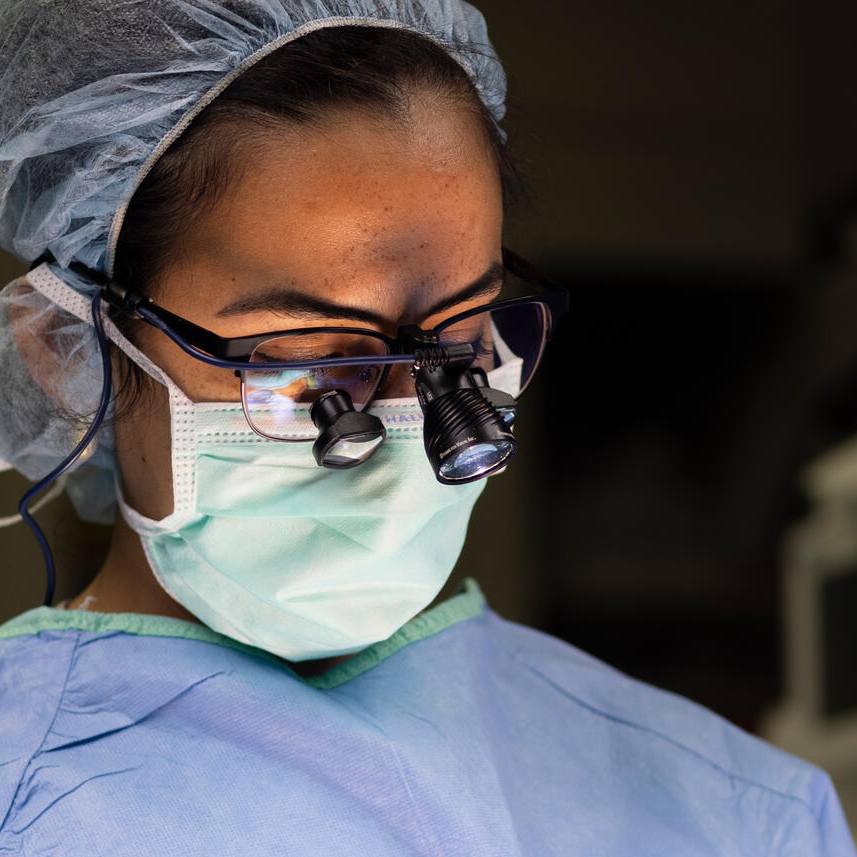-
Science Saturday: Brain organoids and neuropsychiatric disorders
Mayo Clinic and Yale University collaborated in a study published in Science to create a new model for studying neuropsychiatric disorders in early human brain development. This unique collaboration brought together Mayo Clinic’s team-based, patient-centered research with Yale researchers to discover and analyze the genetic mechanisms that may cause these disorders.
 The Mayo Clinic team, led by biomedical scientist Alexej Abyzov, Ph.D., used the organoid model to analyze artificially grown cells that resemble the brain (brain organoids) to outline groups of developmental genes and regulatory elements related to the cause of autism.
The Mayo Clinic team, led by biomedical scientist Alexej Abyzov, Ph.D., used the organoid model to analyze artificially grown cells that resemble the brain (brain organoids) to outline groups of developmental genes and regulatory elements related to the cause of autism.
Researchers know that genes implicated in neuropsychiatric disorders are active in the human fetal brain. However, systematic and comprehensive studies are hampered due to the difficulty in getting fetal brain tissue. According to Dr. Abyzov, the power of organoids is that they can be created from the skin cells of any individual.
 “Using brain organoids helps to uncover the genetic underprints of these disorders and helps identify functional elements that may drive disease onset,” says Dr. Abyzov. “Our results suggest that organoids may reveal how noncoding mutations contribute to the cause of autism. By understanding the cause of autism this research may lead to assessing the personal risk for other neuropsychiatric disorders.”
“Using brain organoids helps to uncover the genetic underprints of these disorders and helps identify functional elements that may drive disease onset,” says Dr. Abyzov. “Our results suggest that organoids may reveal how noncoding mutations contribute to the cause of autism. By understanding the cause of autism this research may lead to assessing the personal risk for other neuropsychiatric disorders.”
The research team set out to discover gene-regulatory elements and chart their dynamic activity during prenatal human brain development, focusing on enhancers (the short region of DNA), which carry most of the weight upon regulation of gene expression.
“Over a period of time we modeled human brain development using human-derived brain organoids and compared those organoids to fetal brain tissue that had the same genotype,” says Dr. Abyzov. “This study validated that using brain organoids is a suitable model system for studying gene regulation in human embryonic brain development, evolution and disease.”
The research team is planning a larger study using organoids to compare regulation and expression during development for individuals with autism.
“This model has the potential to offer a personalized approach to each patient with autism,” says Dr. Abyzov.







